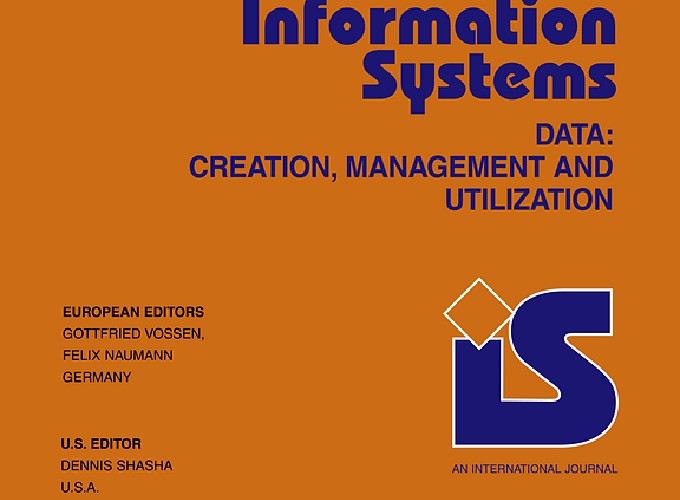 Image credit: Journal of Information System
Image credit: Journal of Information System
VazaDengue: An Information System for Preventing and Combating Mosquito-Borne Diseases with Social Networks
 Image credit: Journal of Information System
Image credit: Journal of Information System
VazaDengue: An Information System for Preventing and Combating Mosquito-Borne Diseases with Social Networks
Abstract
Dengue is a disease transmitted by the Aedes Aegypti mosquito, which also transmits the Zika virus and Chikungunya. Unfortunately, the population of different countries has been suffering from the diseases transmitted by this mosquito. The communities should play an important role in combating and preventing the mosquito-borne diseases. However, due to the limited engagement of the population, new solutions need to be used to strengthen the mosquito surveillance. VazaDengue is one of these solutions, which offers the users a web and mobile platform for preventing and combating mosquito-borne diseases. The system relies on social actions of citizens reporting mosquito breeding sites and dengue cases, in which the reports are made available to the community and health agencies. In order to address the limited population engagement, the system proactively monitors social media network as Twitter to enrich the information provided by the system. It processes the natural language text from the network to classify the tweets according to a set of predefined categories. After the classification, the relevant tweets are provided to the users as reports. In this paper, we describe the VazaDengue features including its ability to harvest and classify tweets. Since the VazaDengue system aims to strengthen the entomological surveillance of the mosquito that transmits Dengue, Zika, and Chikungunya by providing geolocated reports, we present here two studies to evaluate its potential contributions. The first evaluation uses a survey conducted in the Brazilian community of health agents. The goal is to evaluate the relevance of the classified tweets according to the health agents’ perspective. The second study compares the official reports of the 2015–2016 epidemic waves in Brazil with the concentration of mosquito-related tweets found by VazaDengue. The goal is to verify if the concentration of tweets can be used for monitoring the mosquito manifestation in big cities. The results of these two evaluations are encouraging. For instance, we have found that the health agents tend to agree with the relevance of the classified tweets. Moreover, the concentration of tweets is likely to be effective for monitoring big cities. The results of these evaluations are helping us to improve the VazaDengue system further. These improvements will make the VazaDengue system even more useful for combating and preventing the mosquito-borne diseases.
